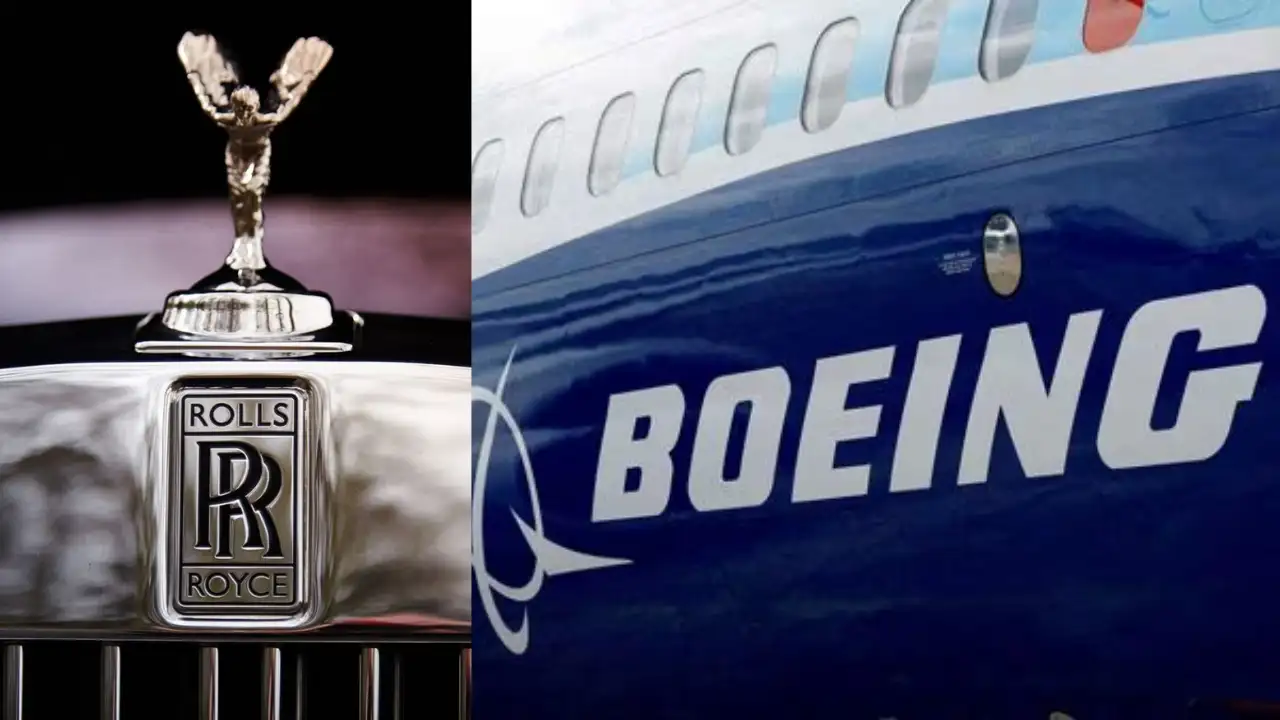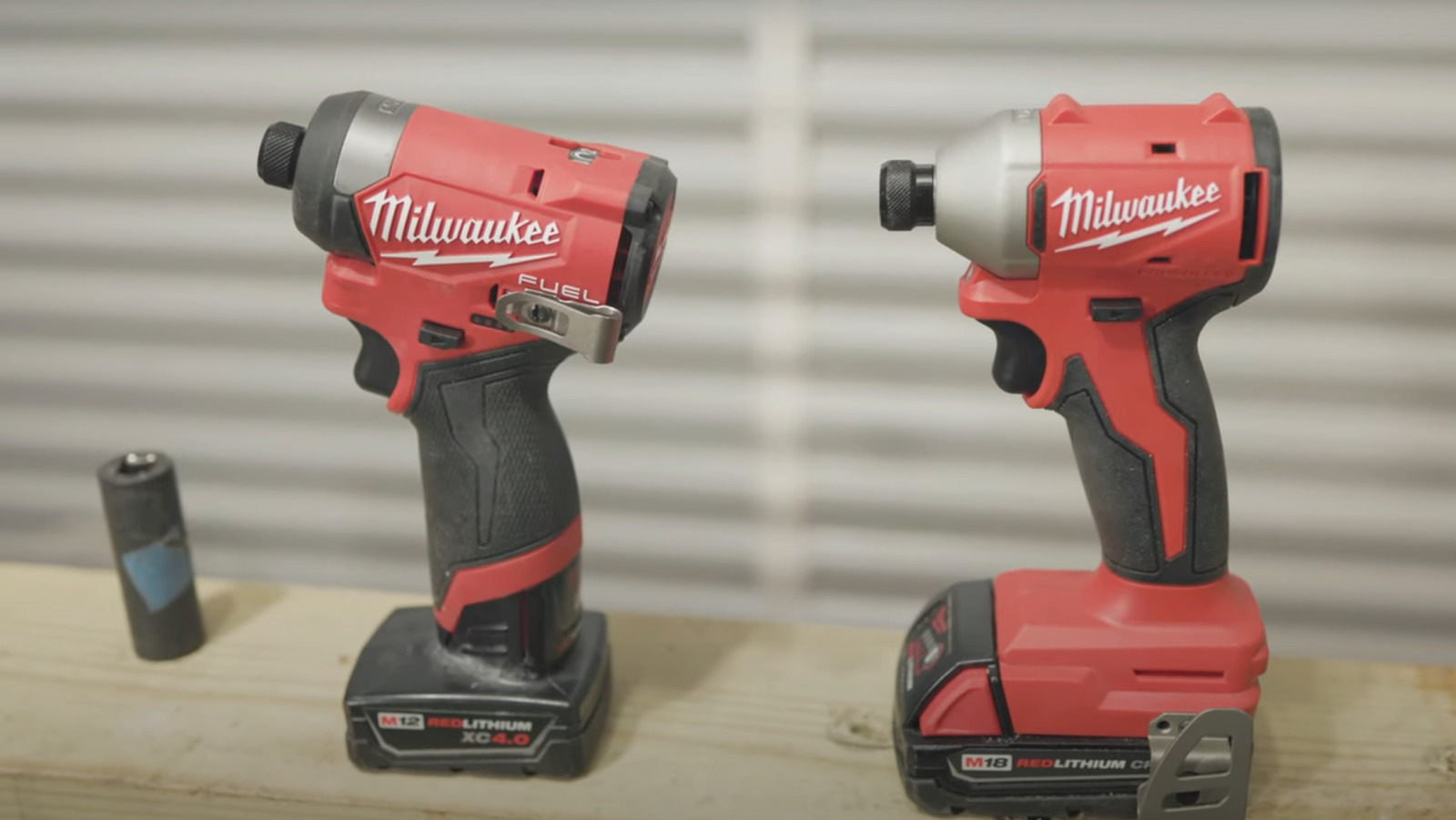Why Boeing Is In Talks With Rolls Royce To Develop A New Engine For The 737 MAX Aircrafts
By Samannay Biswas
Copyright timesnownews

Boeing has quietly started laying the groundwork for what could be its most important project in decades: a brand-new single-aisle jet to succeed the troubled but commercially vital 737 MAX. The effort, still in its early stages, represents a high-stakes gamble to restore Boeing’s dominance in the global aviation market after years of crises and lost ground to Airbus, said a report by WSJ. The Strategic Importance of the 737 MAX Successor The 737 family has long been Boeing’s workhorse, powering global aviation since the 1960s. More than 11,000 units have been delivered, making it the best-selling commercial aircraft series in history. Yet, Boeing’s flagship narrow-body has also been the company’s biggest liability in recent years. Two deadly crashes of the 737 MAX in 2018 and 2019, which killed 346 people, led to a 20-month global grounding. That disaster, followed by persistent manufacturing flaws , from misaligned fuselage panels to the 2024 midair door-plug blowout , tarnished Boeing’s reputation and cost it billions. Airbus capitalized on Boeing’s stumbles, pushing its A320neo family to the forefront. Today, Airbus holds the largest order backlog in aviation history and consistently outdelivers Boeing. For Boeing, replacing the 737 MAX is not just a product upgrade. It’s a survival strategy. Early Signals: Engines, Designs, and Secret Meetings According to people familiar with the matter, Boeing has begun early-stage work on a clean-sheet aircraft , a new design built from scratch, not a re-engineered MAX. Engines: CEO Kelly Ortberg held talks this year with Rolls-Royce in the UK, exploring its next-generation UltraFan engine. Rolls claims it could improve fuel efficiency by 10–20% compared with today’s A320neo engines. Flight Deck: Engineers are sketching designs for a new cockpit with next-gen avionics, possibly drawing from Wisk Aero’s electric flying taxi technology.Leadership: Ortberg appointed Brian Yutko, former head of Wisk Aero, as Boeing’s senior product chief , signaling that futuristic designs and green tech will be central. The Ortberg Strategy: Repair First, Build Next Kelly Ortberg, Boeing’s CEO since mid-2024, has been blunt: Boeing must fix its quality and financial problems before taking on a massive new project. At investor conferences, he stressed clearing the company’s 6,000-plane delivery backlog and certifying delayed models like the 777X before greenlighting a new jet. Yet behind the scenes, Ortberg is preparing for Boeing’s “next big play.” The company has retooled its NASA X-66 program to develop lighter, more aerodynamic wings that could feed directly into the 737 successor. Airbus vs. Boeing: The Narrow-Body War Narrow-body jets like the 737 and A320 are the cash cows of aviation. They dominate short- and medium-haul routes, accounting for 70% of airline orders globally. Airbus A320neo family: Hugely popular, especially in Asia and Europe. Airbus plans to launch a next-gen single-aisle jet in the late 2030s.Boeing 737 MAX family: Still selling, but plagued by delays and a damaged brand. Boeing must act faster , aiming for a mid-2030s launch of its new aircraft. If Airbus sticks to its 2040 timeline, Boeing could gain a 5-year head start , a rare chance to leapfrog its rival. The Costs and Risks Developing a new aircraft is enormously expensive. Analysts estimate Boeing’s next narrow-body will cost $30–40 billion and take 10–15 years to reach airlines. Key risks include: Finances: Boeing is still paying off debt from the MAX crisis and pandemic.Technology bets: Engines and materials chosen today must remain cutting-edge in 2040.Regulators: The FAA, which faced backlash after the MAX crashes, will apply stricter scrutiny. Still, the potential upside is massive. A successful 737 successor could secure trillions in orders over its lifespan. Boeing faces immediate challenges , certification of the MAX 7 and MAX 10, delivery delays, and the six-year-late 777X. But industry insiders say Ortberg knows Boeing cannot wait forever. Airlines like Ryanair, United, and Southwest , historically loyal 737 customers , are already pressing Boeing for a credible long-term plan. “Boeing needs a fresh start,” said one industry analyst. “If they get this right, the next jet could define commercial aviation for the next 50 years. If they get it wrong, Airbus will own the skies.” Boeing is quietly setting the stage for its biggest gamble in decades: building a successor to the 737 MAX. With Rolls-Royce engines on the table, NASA-backed wing tech, and a fresh leadership team, Boeing is signaling that it won’t cede the narrow-body market without a fight. But success is not guaranteed. After years of missteps, Boeing must prove it can not only design a revolutionary plane , but also build it safely, on time, and at scale. For now, the aviation world is watching. The next Boeing jet may still be a decade away, but the battle for the skies has already begun.



